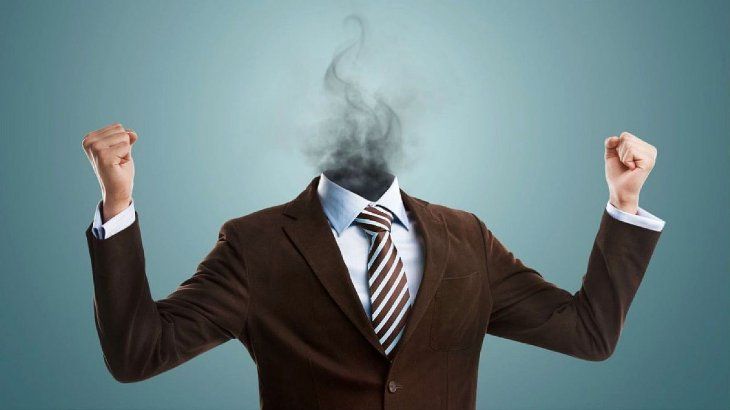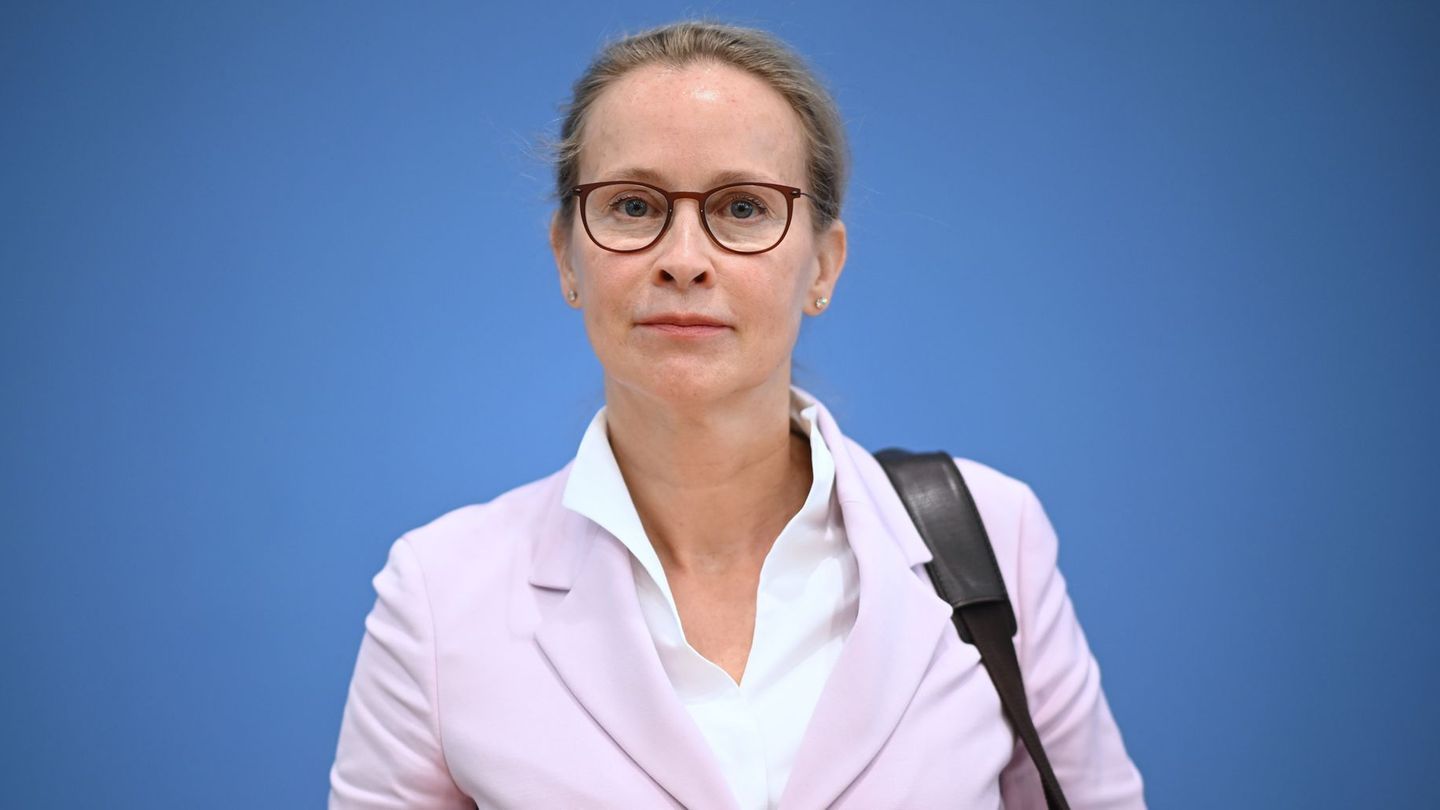Argentina not only crosses economic crises; It crosses bodies. Each cut, each adjustment, leaves a mark, but not only in the pocket: also in the mind, in the quality of rest, in the energy to work and in the way it is leaded. Today, more than ever, we are facing a silent epidemic: The chronic burnout disguised as “move on any”.
Many workers are not simply tired: they are emotionally worn out. They get up every morning with the feeling that nothing reaches, that everything changes from one day to another, that stability is a luxury and that being well is almost a matter of luck.
That uncertainty does not stay at home: it is transferred to the offices, to the equipment, to the decisions. It manifests itself in microconducts: in tone, in apathy, in disconnection with what it previously motivated.
Burnout.jpg
“Move forward as it is”: thousands of workers affected by the Burnout, the silent epidemic.
In a context of sustained uncertainty, increasing demands and tension for the results, stress is not only individual: it is collective and is in the air. It sneaks into the halls, in the conversations, in the silences. It is a generalized emotional state that erodes motivation and blocks creative and most dangerous capacity: it normalizes.
The “silent burnout” does not always shout, sometimes it is barely notice, it is not the missing worker, but the one who is present but disconnected. It fulfills, but no longer contributes, Mails responds, but does not propose, it arrives but does not shine.
It is the survival mode turned into routine. And that routine becomes toxic when no one names it, when performance is expected without minimal well -being conditions.
Companies cannot look the other way
Welfare is not an optional benefit: it is an operating condition.
When mental health falls, productivity too. But beyond the economic impact, there is the human: people who lose the meaning of what they do, who get sick, go out. And no one lights a company with people off.
Burnout pandemic syndrome work employment.jpg

The impact of mental health on productivity and stability of employment.
Gentileness: Oh
What can organizations do?
First, offer tools to develop greater resilience, create emotionally safe spaces, where emotions are not seen as weakness, but as valuable information. Train leaders to listen, detect early signals and make more human decisions.
It is also key to offer real resources: emotional accompaniment, dynamics of care, feedback conversations that are not only on performance, but about well -being. Taking care of the mental health of the team is not just a matter of empathy: it is an intelligent commitment to the sustainability of the business.
As a mentor and coach of leaders, I see every day how the weather changes in a company when it puts on the table what hurts, when the permission to stop, speak, readjustment is enabled. The human does not interfere with the results: the power. Leading with humanity is not to stop demanding, it is knowing how to sustain better.
A new narrative to get out of the autopilot
Argentina cannot afford to continue losing talent for exhaustion. We need organizations where being well is not the exception, but the base, where working does not imply leaving life. Where people feel it is worth being, and staying.
Because the stress country needs another narrative: one where mental health matters as much as the results, because without full people, there is no country or project that advances. And that advance, if we want it to be real and sustainable, begins by looking at what many still prefer to shut up.
Natalia de Vita – Mentora, Speaker and Coach of Leaders
Source: Ambito
David William is a talented author who has made a name for himself in the world of writing. He is a professional author who writes on a wide range of topics, from general interest to opinion news. David is currently working as a writer at 24 hours worlds where he brings his unique perspective and in-depth research to his articles, making them both informative and engaging.




